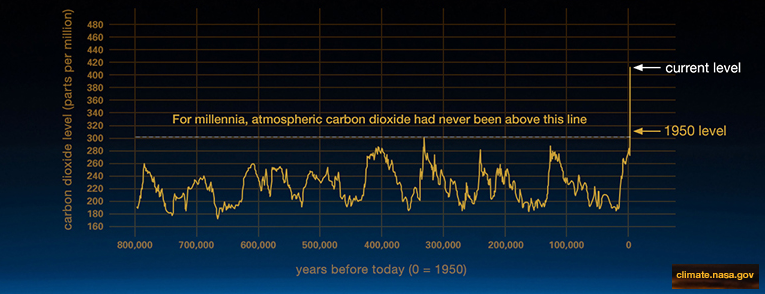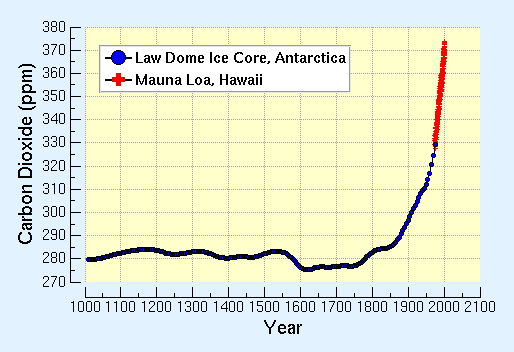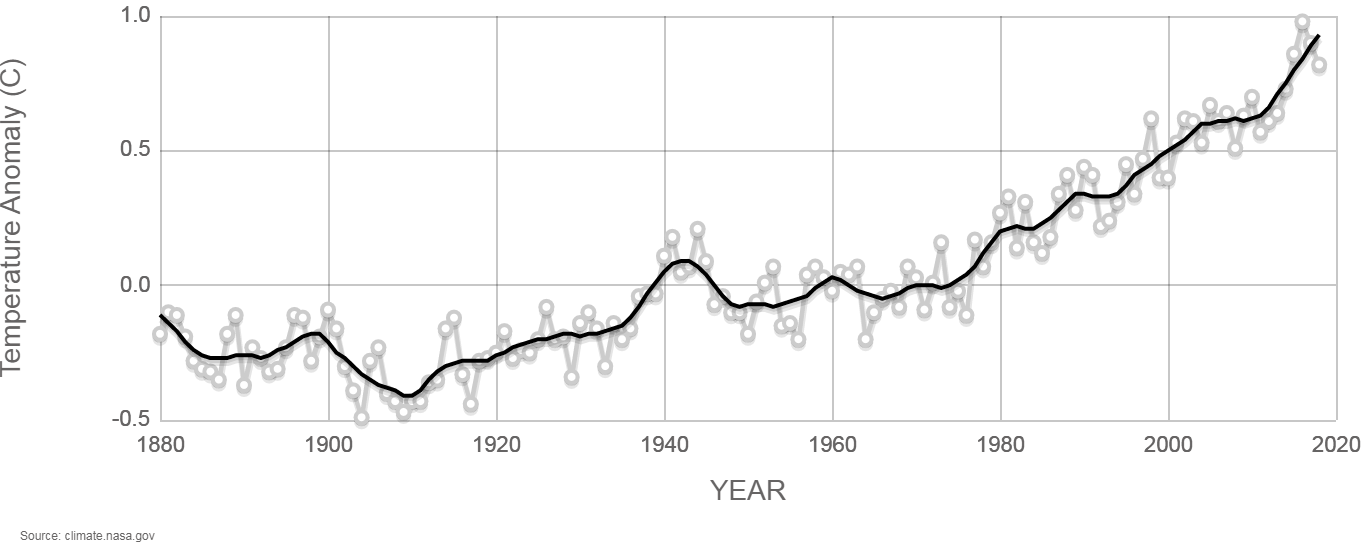There are a few ways
Basically the best way is to see how many experts in the field are convinced, as great as it would be to assess the evidence individually, one person can't be an expert in everything and unless you and your audience are a climate scientists most papers are going to be beyond a lay assessment. So the best thing you can do for the lay public is look to the experts, people who have spent decades researching the subject and have the best ability to assess the data, and see what their assessment is.
NASA has a wonderful site dedicated to collecting assessments. They fall into three rough categories.
Meta analysis
A meta analysis of published works shows the number of scientific papers rejecting anthropomorphic climate change is vanishingly small (0.7%) and shrinking. those uncertain was even smaller (0.3%)
Professional survey
the same analysis also surveyed 29,000 published climatologists and showed a 97% support for anthropomorphic climate change and the rest being largely no-position. this is even skewed by expertise, when accounting for the number of published papers (a rough way of measuring expertise) it shows even stronger support among more published authors with most of the opposition being from authors that only publish a small number of papers.
Public statements by relevant scientific societies.
The American Meteorological Society and Geological Society of America as well as many others have made public statements in favor of anthropomorphic climate change. And of course you have the statements by the Intergovernmental Panel on Climate Change.


